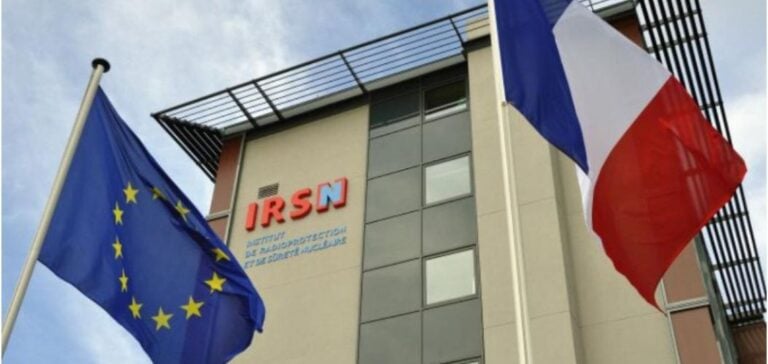The French government announced on Wednesday its intention to transfer the competences of the IRSN (Institute for Radiation Protection and Nuclear Safety) to other institutions to strengthen synergies at a time when the country wants to relaunch its nuclear program. The Minister of Energy Transition, Agnès Pannier-Runacher, has asked the heads of IRSN, ASN and CEA to propose to her by the end of February the “first measures and a working method” to implement these guidelines.
Project to strengthen independence in nuclear safety
The Ministry has announced that IRSN’s technical skills will be combined with those of the ASN and the CEA, taking into account synergies with the Delegate for Nuclear Safety and Radiation Protection for activities concerning Defense. This measure was decided at a Nuclear Policy Council held on February 3 to strengthen the independence and resources of the ASN.
The government wants to strengthen the independence of nuclear safety control within a single, independent center, increase synergies in nuclear research and development, and guarantee the excellence of the teams. The guidelines will be implemented while preserving the working conditions and remuneration of IRSN staff and maintaining the resources needed to carry out its missions.
IRSN, the French scientific watchdog for radiological risk
The IRSN, a public establishment created in 2001 and with 1,700 employees, is the French scientific watchdog for radiological risk. It monitors the level of radioactivity in France and abroad on a daily basis and provides its expertise to the ASN. To date, IRSN has not commented on this announcement.
In conclusion, combining IRSN’s expertise with that of ASN and CEA will strengthen synergies in nuclear safety and enable the French nuclear program to be relaunched under the best possible conditions.





















